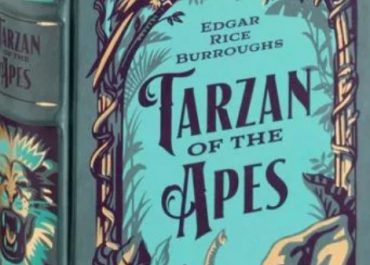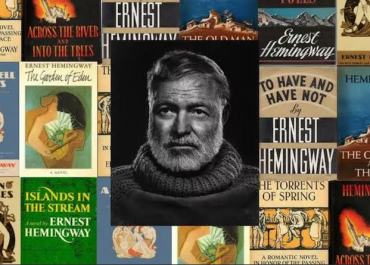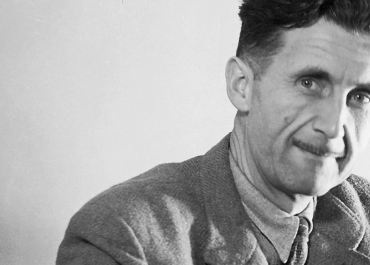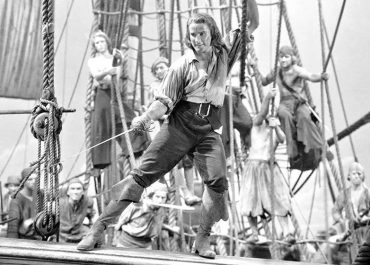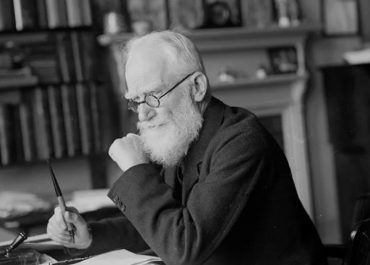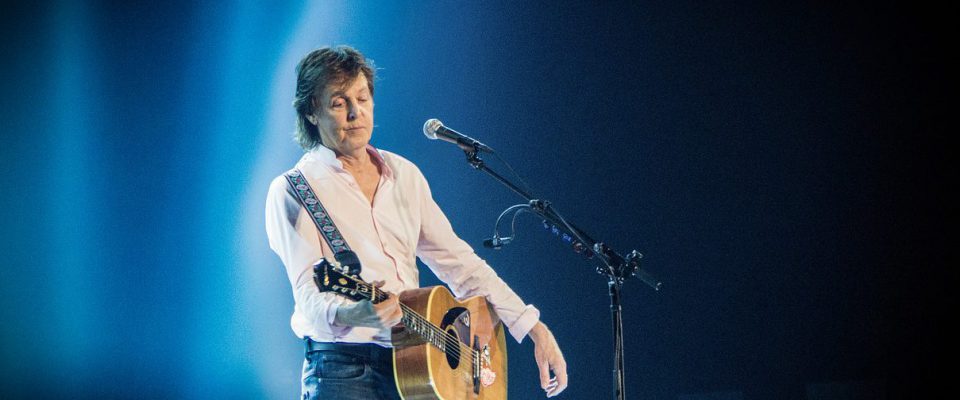
The rights to the Beatles songs. What happened between Michael Jackson and Paul McCartney?
Rumors and gossips constantly appear around the rights to the Beatles songs. Let’s start from the beginning.
When the Beatles started their journey in the music industry, Michael Jackson was only 6 years old. No one thought their paths would cross. On February 22, 1963, Lennon, McCartney, The Beatles manager Epstein, and publisher James founded «Northern Songs». This company became the copyright holder of The Beatles songs. In 1969, Dick James sold the Northern Songs company to the British media giant ATV Music. So John Lennon, Paul McCartney, George Harrison and Ringo Star were left without rights to their own songs.
Meanwhile, The Beatles ceased to exist and Paul McCartney started to work with other performers, including Michael Jackson. In 1981 they created together a song «Say, say, say». A real friendship developed between the two singers and McCartney gave the young Jackson tips on how to do business.
It is worth noting that in 1981, Paul McCartney tried to buy ATV Music. They asked for $ 20 million. Apparently, for him it was too expensive. In 1985 Michael Jackson took advantage of the advice he once received and bought ATV Music for $ 53 million. The hardest thing for McCartney was that the person with whom he believed he had a strong friendship did not call him and did not warn about the deal.
The only songs that are exclusively owned by the Lennon / McCartney duet are «Love Me Do» and «P.S. I love you». But Paul McCartney still receives some royalties. If anyone except himself performs «Yesterday», Paul receives half of the 50% royalties (i.e. 25%), if the song was performed outside the United States, and half of the 33.3% royalties (then 16.66%) if the song is performed in the USA.
After the death of Michael Jackson, the rights to songs belong to the Sony / ATV Music Publishing Consortium.
In 2017 McCartney initiated a lawsuit against Sony and tried to regain copyright. But according to American laws, the author has the right to demand the return of his rights only 56 years after their publication. If everything works out, then in 2025 the author of the most popular songs of the 20th century will again be able to proudly declare that these are his songs.
